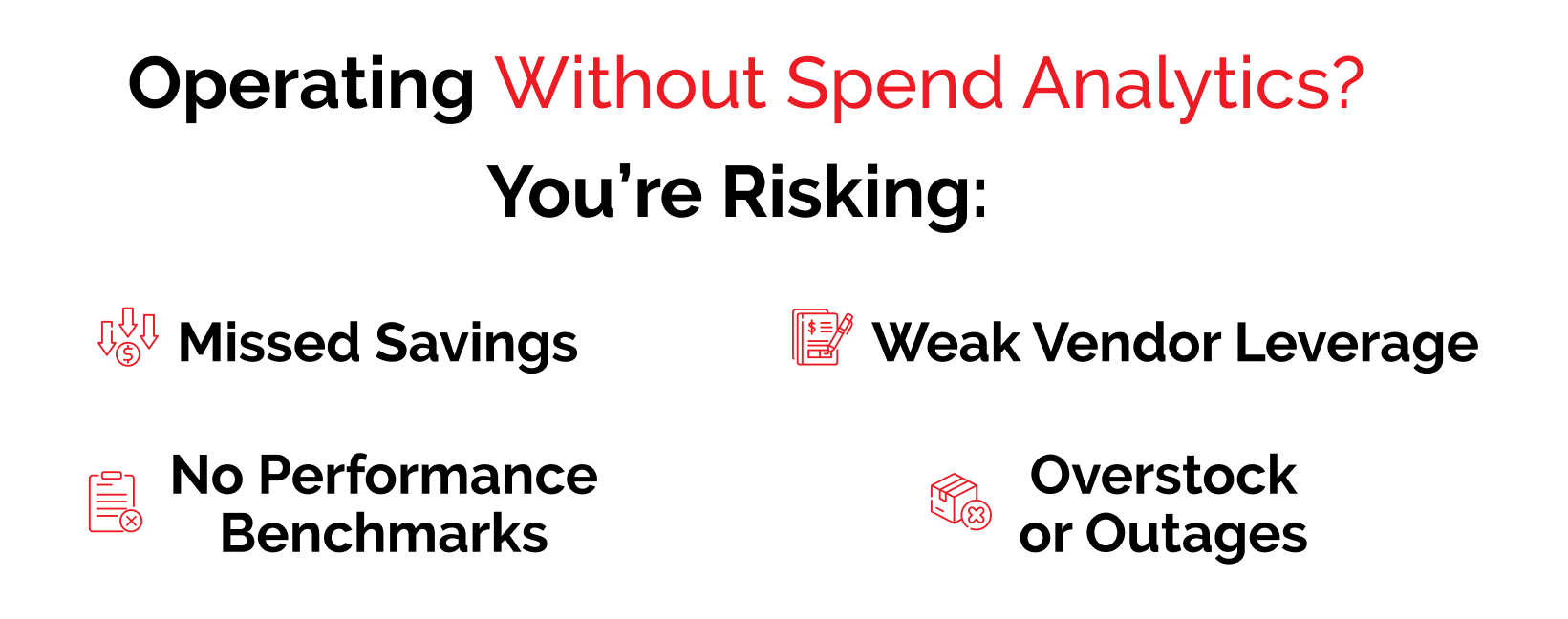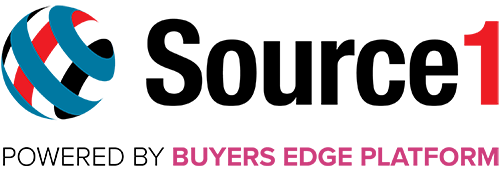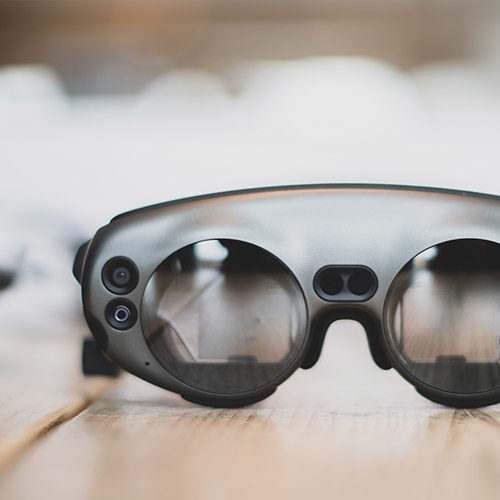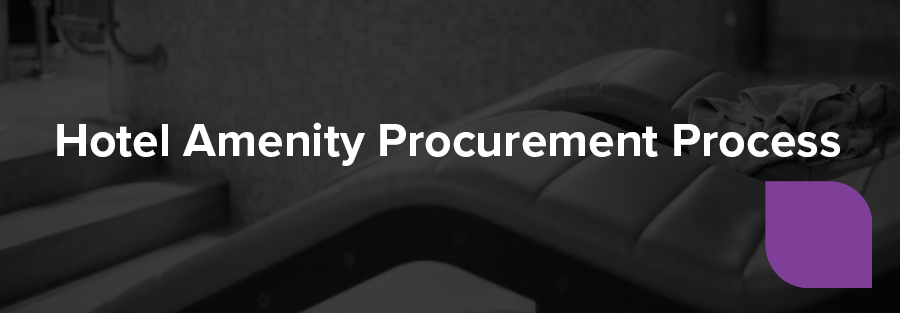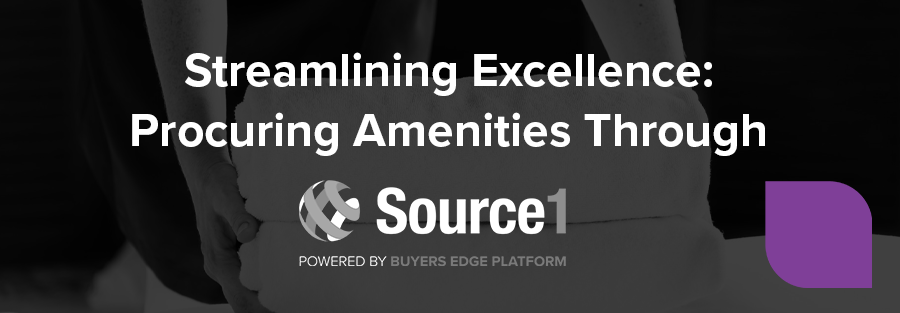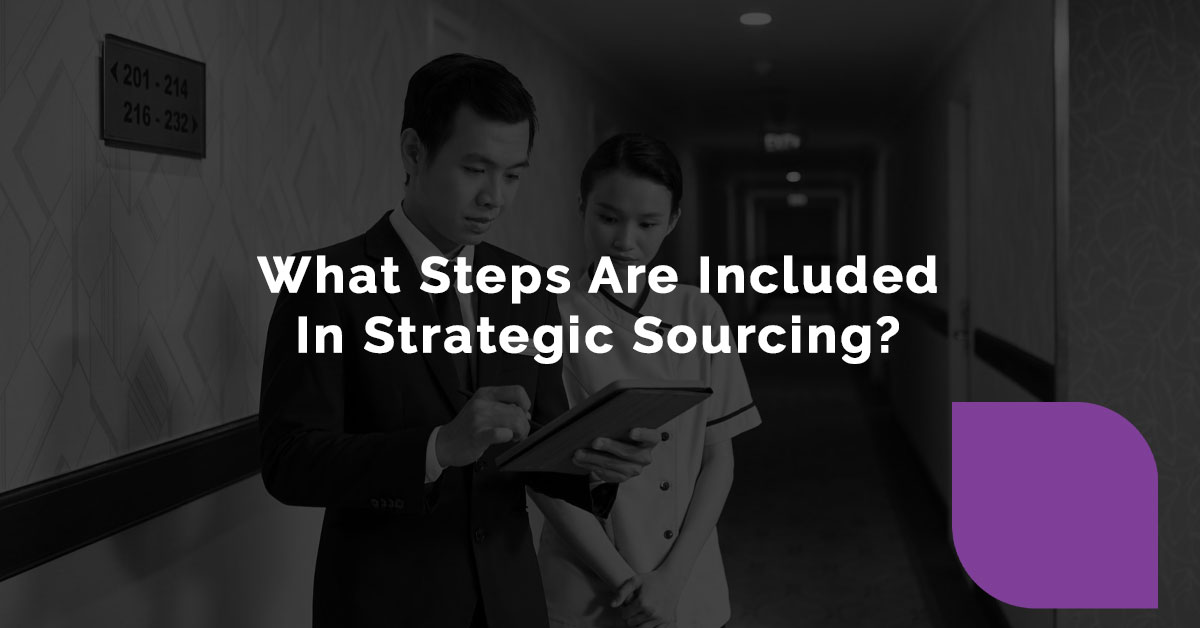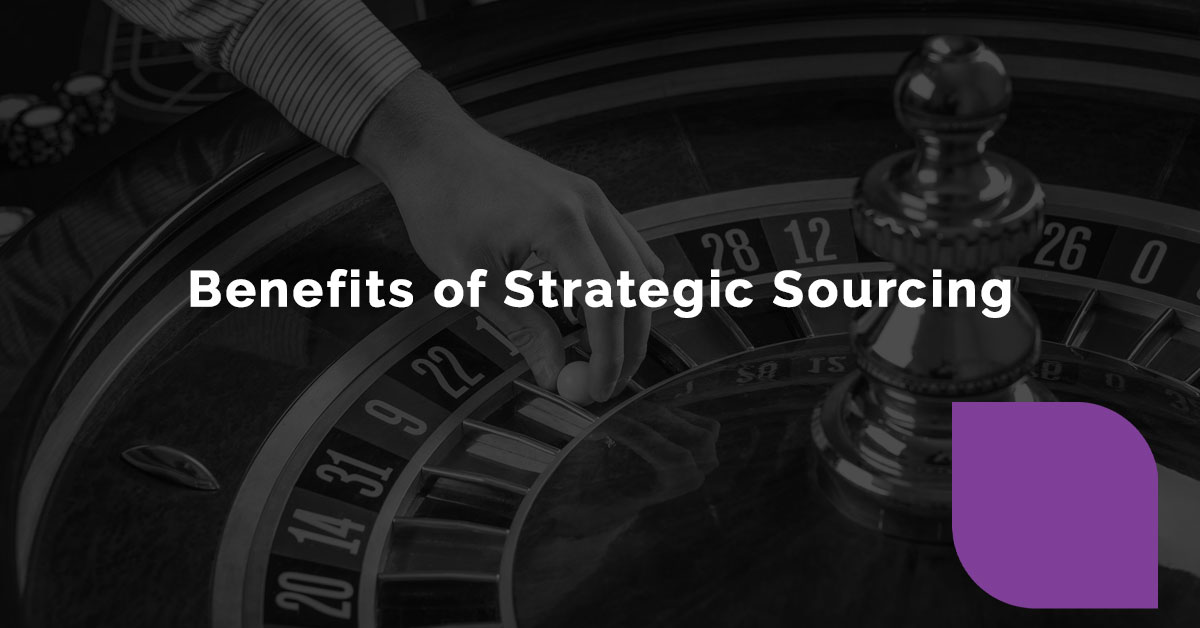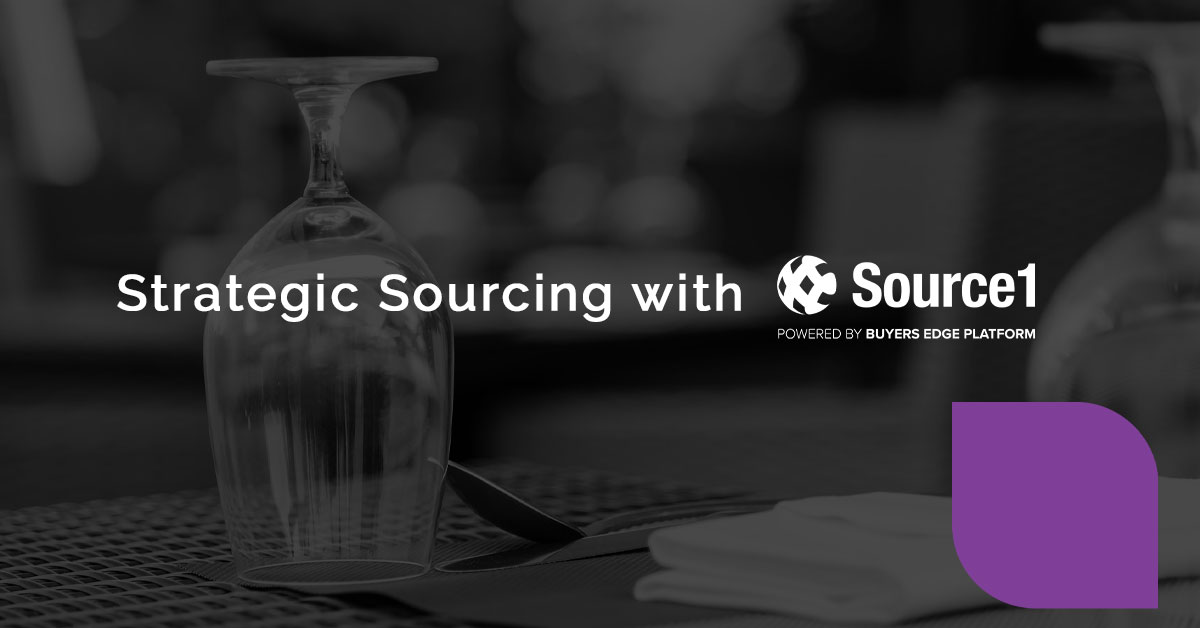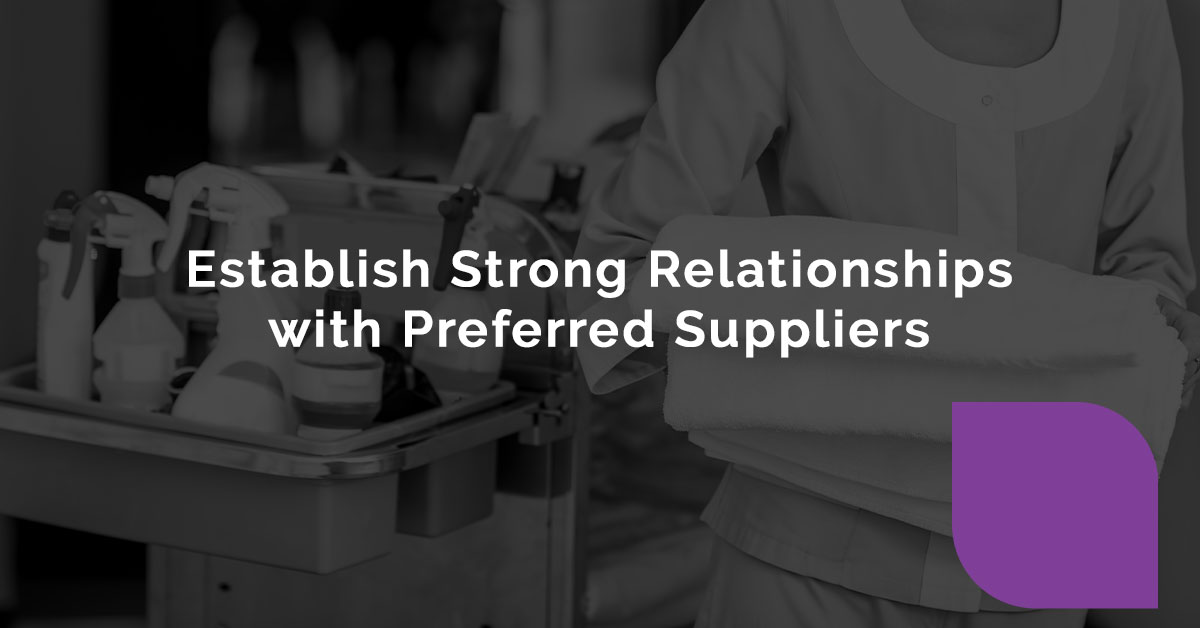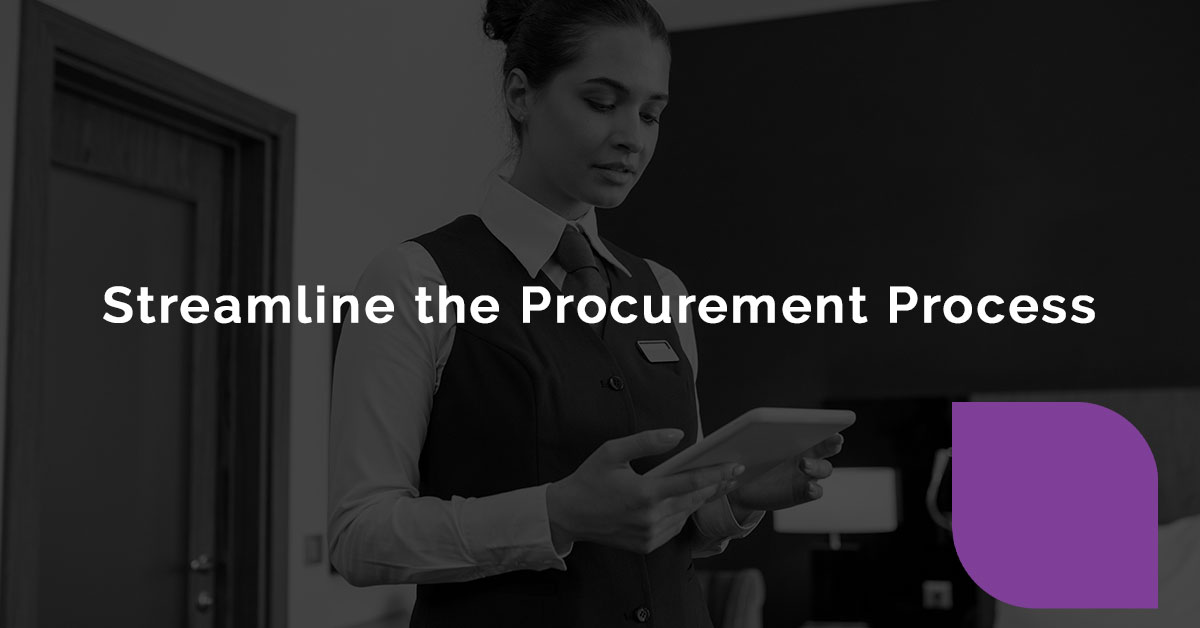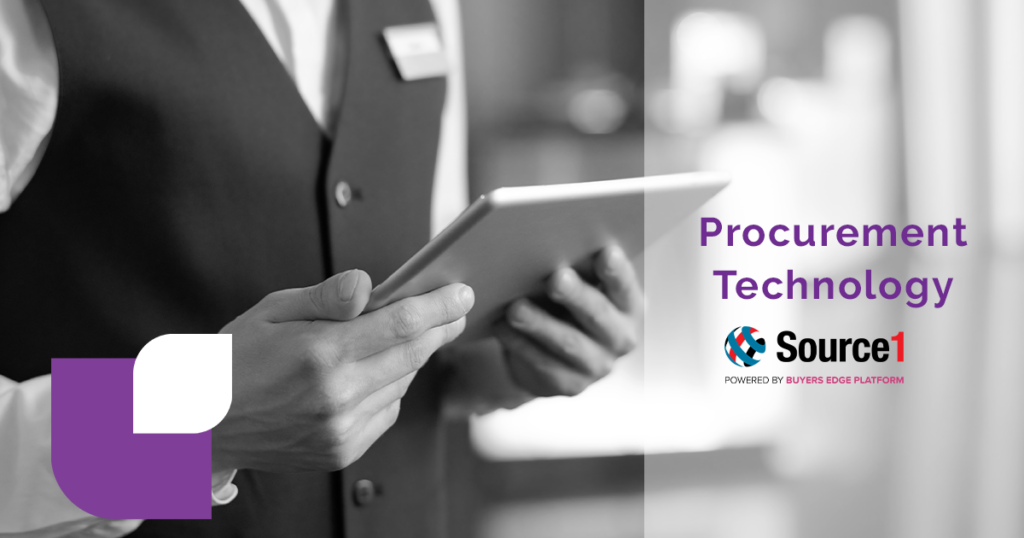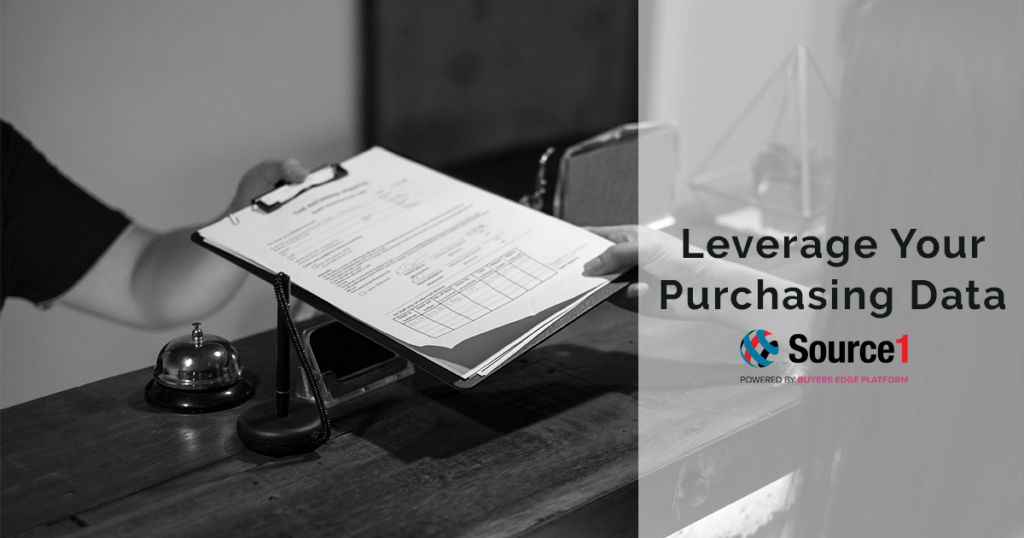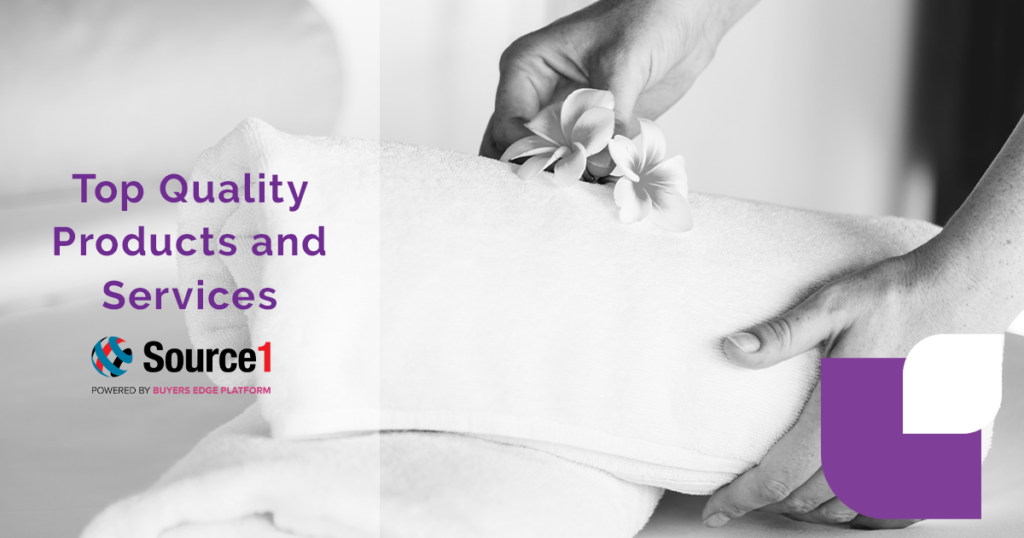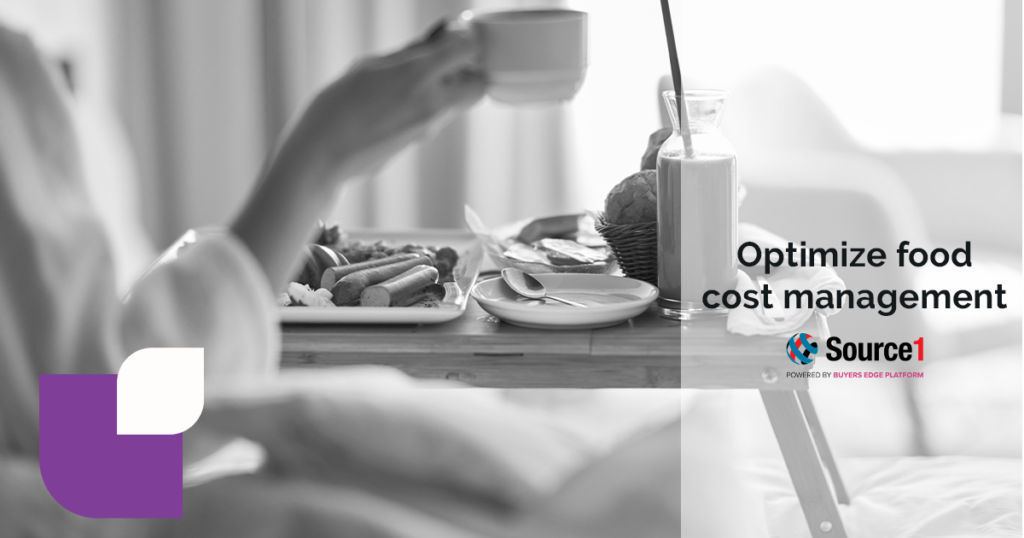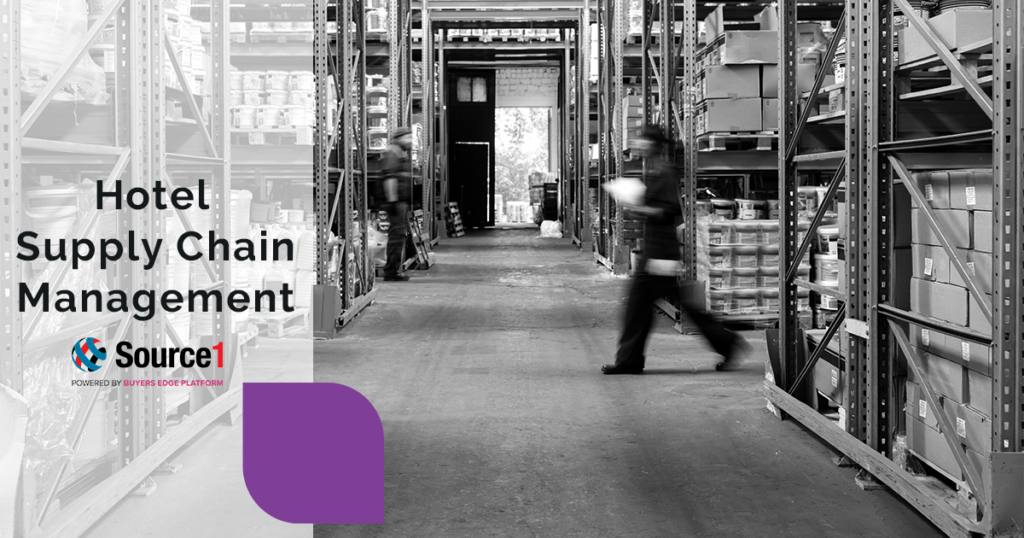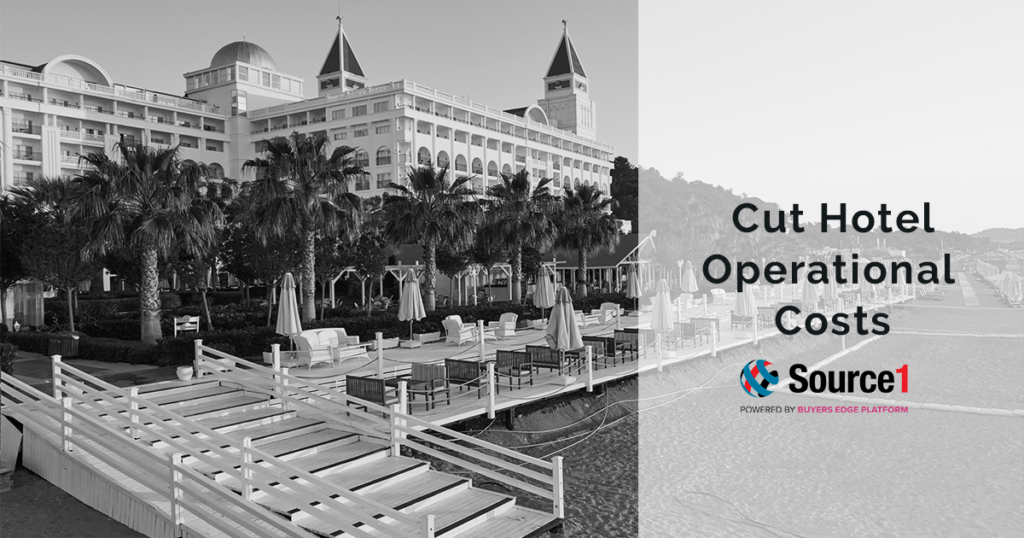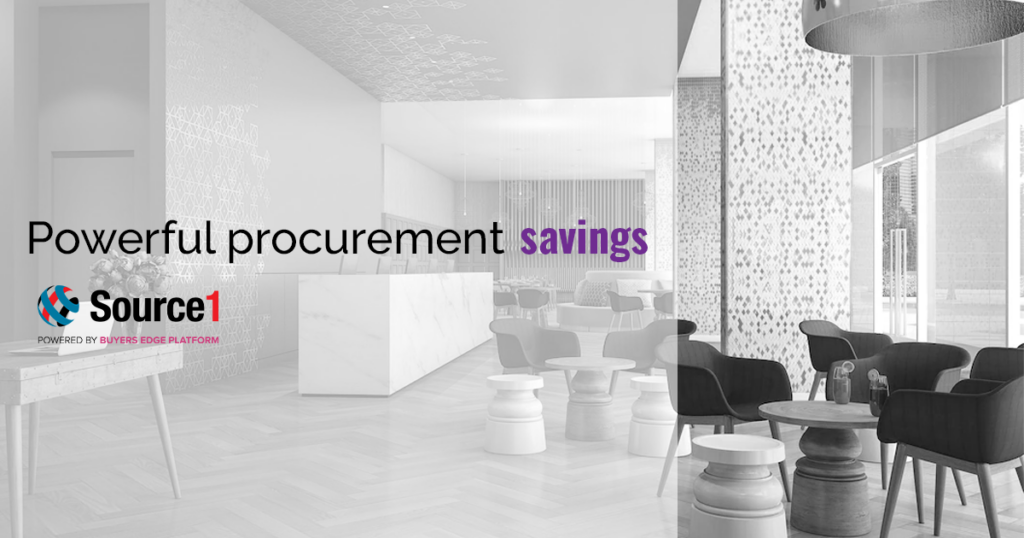In the bustling world of hospitality, where every guest’s experience is meticulously crafted, the key to success lies in the seamless orchestration of countless moving parts. From luxurious accommodations to exquisite dining experiences, the hospitality industry thrives on delivering unparalleled service. Behind the scenes, two critical players work tirelessly to ensure the smooth flow of operations: procurement and the supply chain.
While these terms may sound familiar, understanding their unique roles and how they intersect is essential for achieving hospitality excellence. We dove deep into the world of procurement versus the supply chain, unraveling intricacies and unveiling the secrets to harnessing the power of both in the pursuit of guest satisfaction and unwavering hospitality success.

What does procurement mean?
Procurement refers to the strategic process of sourcing and acquiring goods, services, and resources needed to support the operations of hotels, resorts, restaurants, and other hospitality establishments. It encompasses the entire cycle of identifying, selecting, negotiating, purchasing, and managing suppliers and vendors.
Procurement involves procuring a wide range of items essential for daily operations, including food and beverage supplies, linens and textiles, furniture and fixtures, amenities, cleaning products, technology systems, and more. The goal of procurement is to ensure the availability of high-quality products and services at the right time, in the right quantities, and at the most competitive prices.
Effective procurement in the hospitality industry requires careful planning, market research, supplier evaluation, contract negotiation, and ongoing supplier relationship management. By optimizing the procurement process, hospitality businesses can streamline their operations, control costs, maintain consistent quality standards, and ultimately enhance the guest experience.
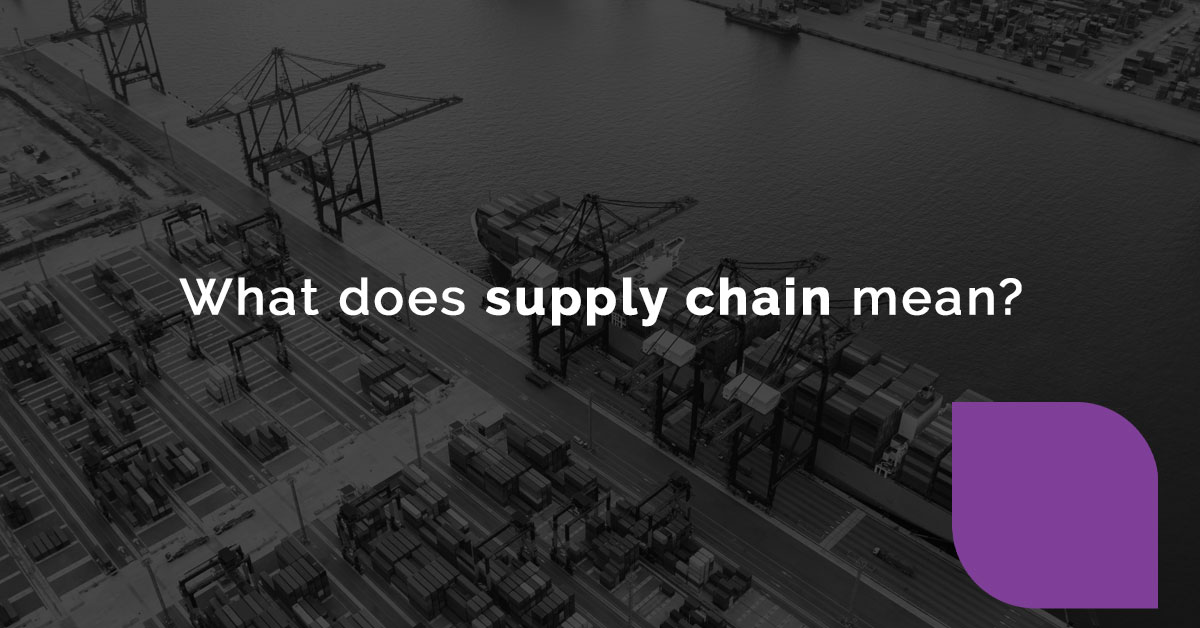
What does supply chain mean?
Supply chain refers to the intricate network of activities, organizations, resources, and processes involved in the movement of goods, services, and information from suppliers to hospitality establishments, and ultimately to the guests.
The hospitality supply chain encompasses various stages, starting from the procurement of raw materials and products, through production, distribution, and ultimately reaching the end consumers. It involves multiple stakeholders, including suppliers, manufacturers, distributors, logistics providers, and hospitality operators.
Within the hospitality supply chain, goods and services flow through different channels and touchpoints. For example, food and beverage supplies are sourced from suppliers, undergo processing and manufacturing, are stored and distributed to various locations, and finally reach the dining outlets where they are prepared and served to guests. Similarly, linens, amenities, equipment, and other items follow a similar journey within the supply chain.
Efficient supply chain management in the hospitality industry focuses on optimizing processes, ensuring timely and accurate deliveries, minimizing waste, reducing costs, maintaining product quality, and enhancing overall operational efficiency. By effectively managing the supply chain, hospitality establishments can meet guest expectations, mitigate risks, and maximize profitability, all while delivering exceptional experiences.
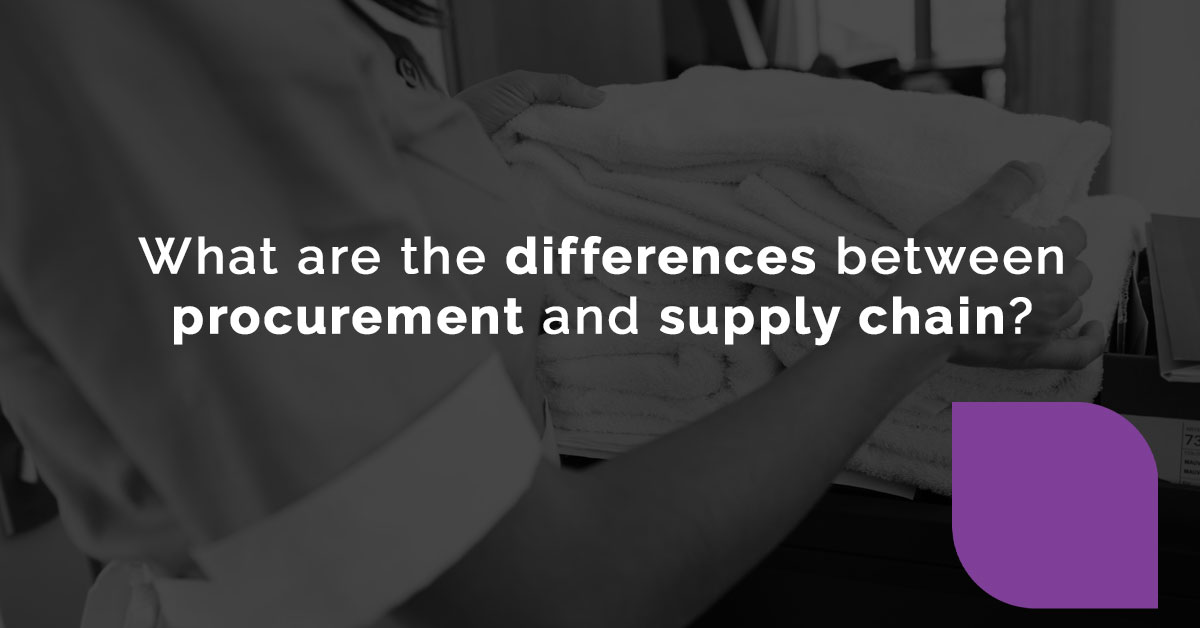
What are the differences between procurement and supply chain?
While procurement and supply chain are closely related and often interconnected, they represent distinct functions within the broader scope of operations. Here are the key differences between procurement and supply chain:
Focus and Scope
Procurement in Hospitality: Procurement in hospitality primarily focuses on sourcing and acquiring goods, services, and resources required for daily operations within a hospitality establishment. It includes activities such as supplier selection, negotiation, purchasing, and supplier relationship management. The procurement function ensures the availability of quality products such as food and beverage supplies, linens, amenities, equipment, and other necessary items.
Supply Chain in Hospitality: The supply chain in hospitality encompasses the broader movement of goods, services, and information from suppliers to the end consumers, including hotels, resorts, restaurants, and other hospitality establishments. It encompasses procurement as a component but extends further to include processes such as production, distribution, logistics, and customer fulfillment. The supply chain in hospitality manages the flow of products and services, from sourcing raw materials to delivering the final experiences to guests.
Timeframe and Planning
Procurement in Hospitality: Procurement is often more immediate and transactional in hospitality. It focuses on acquiring goods and services to meet current operational requirements, ensuring timely delivery and maintaining appropriate stock levels. The procurement process involves short-term planning, supplier communication, and negotiating contracts to secure the necessary supplies efficiently.
Supply Chain in Hospitality: The supply chain in hospitality takes a broader and more strategic perspective. It involves long-term planning, forecasting demand, managing inventory levels, optimizing production schedules, coordinating logistics, and ensuring seamless operations. The supply chain considers the entire guest journey, from pre-arrival to departure, and aims to deliver exceptional experiences through efficient coordination of various functions.
Collaboration and Integration
Procurement in Hospitality: Procurement in hospitality requires close collaboration with suppliers and vendors. It involves building strong relationships, negotiating contracts, managing pricing and terms, and ensuring timely deliveries. Procurement teams work closely with suppliers to address any issues, maintain product quality, and optimize the supply of goods and services.
Supply Chain in Hospitality: The supply chain in hospitality necessitates collaboration and integration among multiple departments and functions, including procurement. It involves aligning procurement activities with other supply chain functions such as production planning, inventory management, logistics coordination, and customer service. Effective collaboration ensures the seamless flow of goods and services, supports cost optimization, and enhances the guest experience.

How can I manage procurement and the supply chain?
Managing procurement and the supply chain effectively requires careful planning, strategic decision-making, and ongoing monitoring. Here are some key steps and best practices to consider:
- Define Clear Objectives: Clearly define your procurement and supply chain objectives based on your business goals and operational requirements. Establish key performance indicators (KPIs) to measure success and ensure alignment with overall business strategy.
- Supplier Relationship Management: Develop strong relationships with suppliers and vendors. Conduct thorough supplier evaluations, considering factors such as quality, reliability, pricing, and sustainability. Maintain open communication channels, negotiate favorable terms, and establish long-term partnerships to ensure timely and consistent supply.
- Demand Forecasting and Planning: Utilize demand forecasting techniques to predict future demand patterns accurately. This will help optimize inventory levels, reduce wastage, and ensure that the right quantity of goods is procured. Collaborate with relevant departments to align procurement with production schedules, promotions, and seasonal variations.
- Streamline Procurement Processes: Implement efficient procurement processes to streamline operations. Use technology solutions such as e-procurement systems, supplier portals, and automated workflows to simplify procurement activities, reduce manual errors, enhance transparency, and expedite the procurement cycle.
- Optimize Inventory Management: Implement effective inventory management practices to avoid stockouts and excess inventory. Maintain accurate inventory records, implement inventory control measures, and utilize inventory management software to monitor stock levels, track expiration dates, and facilitate efficient replenishment.
- Supply Chain Visibility: Establish visibility across the supply chain by implementing supply chain management software or enterprise resource planning (ERP) systems. This enables real-time tracking of inventory, order status, and delivery schedules, facilitating better coordination among various stakeholders.
- Continuous Improvement and Performance Measurement: Regularly review and analyze procurement and supply chain performance against established KPIs. Identify areas for improvement, such as cost reduction opportunities, process optimization, supplier performance, and customer satisfaction. Implement corrective actions and leverage data analytics to drive data-driven decision-making.
- Risk Management: Identify potential risks and develop contingency plans to mitigate disruptions in the supply chain. Consider factors such as natural disasters, political instability, supplier reliability, and market fluctuations. Diversify your supplier base, establish backup suppliers, and maintain emergency stock reserves to minimize the impact of unforeseen events.
- Collaboration and Communication: Foster collaboration and communication among internal teams and external stakeholders involved in procurement and the supply chain. Establish cross-functional teams, conduct regular meetings, and share information to ensure alignment, address issues promptly, and drive continuous improvement.
- Stay Updated: Stay informed about industry trends, emerging technologies, and best practices in procurement and supply chain management. Attend conferences, participate in industry associations, and engage with experts to stay ahead of the curve and capitalize on opportunities for innovation and improvement.
Procurement and supply chain technology
In today’s digital age, where efficiency and data-driven decision-making are paramount, hospitality operators can significantly benefit from leveraging technology to effectively manage procurement and the supply chain. By adopting procurement and supply chain technology, hospitality operators can automate and streamline the procurement process, from requisition to purchase order generation, supplier communication, and invoice processing. This not only reduces manual errors but also enhances efficiency by eliminating paperwork and tedious administrative tasks.
These digital solutions offer data analytics capabilities, allowing operators to monitor key performance indicators, identify areas for improvement, and make data-driven decisions to optimize procurement, inventory management, and overall supply chain performance. Embracing technology empowers hospitality operators to streamline processes, enhance accuracy, save time, reduce costs, and ultimately deliver exceptional guest experiences.
Maximize on the power of technology and revolutionize the way procurement and supply chain tasks are handled within your operation.
- Supplier Selection and Evaluation: Technology solutions can assist in conducting supplier research, gathering supplier information, and evaluating their performance based on predefined criteria. This streamlines the process of identifying reliable and suitable suppliers for the hospitality business.
- Automated Purchase Order Generation: Technology enables the automation of purchase order creation, eliminating the need for manual paperwork. Purchase orders can be generated automatically based on inventory levels, demand forecasts, and predefined rules, ensuring accuracy and efficiency.
- Digital Supplier Communication: Communication with suppliers can be streamlined through digital platforms, such as supplier portals or online collaboration tools. These platforms facilitate seamless communication, including sending requests for quotations, negotiating contracts, submitting product specifications, and addressing queries or issues.
- Inventory Management and Replenishment: Technology solutions like inventory management software provide real-time visibility into inventory levels, enabling automatic notifications for stock replenishment based on predefined thresholds. This ensures that the right quantity of goods is available at the right time, minimizing stockouts or excess inventory.
- Analytics and Data-Driven Decision-Making: Technology enables the collection, analysis, and visualization of procurement and supply chain data. Advanced analytics tools can generate insights on supplier performance, cost trends, demand patterns, and operational efficiency, allowing operators to make data-driven decisions and optimize their procurement strategies.
- Contract and Compliance Management: Technology solutions can centralize contract management, ensuring that all supplier contracts are stored, monitored, and managed in a secure and accessible digital repository. Automated alerts can notify operators about contract renewals, compliance deadlines, or performance metrics.
- Integration with Financial Systems: Technology platforms can integrate with financial systems, enabling seamless flow of data between procurement, accounts payable, and financial management processes. This integration reduces manual data entry, streamlines invoice processing, and enhances accuracy in financial reporting.
- Supplier Performance Tracking: Technology can automate the tracking and monitoring of supplier performance metrics, such as on-time delivery, quality, and responsiveness. This data can be used to evaluate supplier performance, negotiate better terms, and foster stronger supplier relationships.
Understanding the differences between procurement and the supply chain is essential for hospitality operators seeking to achieve operational excellence. While procurement focuses on sourcing and acquiring goods and services, the supply chain encompasses the end-to-end flow of products and services from suppliers to customers.
However, the true power lies in leveraging technology to streamline these critical functions.
By embracing procurement and supply chain technology, operators can unlock unprecedented efficiencies, cost savings, and enhanced decision-making. With technology as their ally, they can automate processes, gain real-time visibility, optimize inventory levels, improve supplier relationships, and make data-driven decisions. The result? A seamless and agile procurement and supply chain ecosystem that paves the way for outstanding guest experiences, increased profitability, and a competitive edge in the dynamic hospitality industry. So, don’t hesitate to harness the power of technology and embark on a transformative journey that propels your business to new heights of success.

